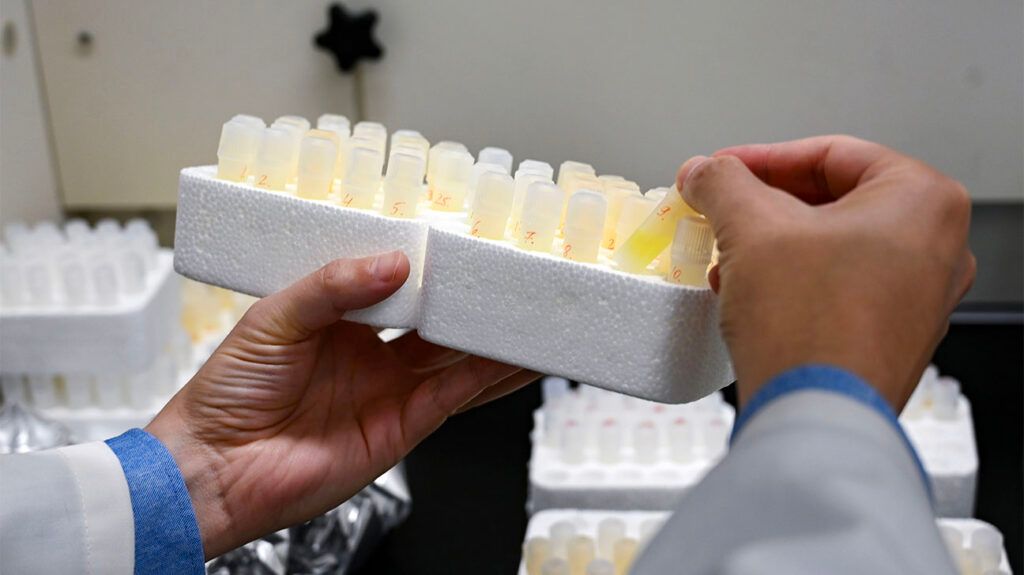New Research Reveals Link Between Brain Lithium Levels and Alzheimer’s Disease

Recent studies reveal that low brain lithium levels are linked to Alzheimer’s disease, suggesting potential new avenues for early detection and treatment using lithium-based therapies.
Lithium and Brain Health: A New Frontier in Alzheimer's Research

The Role of Lithium in Brain Function
Lithium, a naturally occurring mineral also present in small amounts within the human body, has long been recognized for its mood-stabilizing properties. Recent studies, however, are unveiling its critical role in brain health, particularly concerning Alzheimer’s disease.
Lithium’s Connection to Alzheimer’s
Emerging research indicates that lithium is vital for normal brain function and may serve as an early indicator of Alzheimer’s. Scientists have discovered that brain lithium levels are significantly reduced in individuals with mild cognitive impairment and Alzheimer’s disease. Interestingly, lithium binds to beta-amyloid plaques, hallmark features of Alzheimer’s, and its deficiency might precede the buildup of these plaques.
Evidence from Postmortem and Animal Studies
Researchers analyzed postmortem brain tissues from participants with varying cognitive statuses, finding that lithium levels decline early in the disease process. Complementary animal studies showed that supplementing lithium reversed brain damage and cognitive decline, suggesting a potential therapeutic approach.
Implications for Future Treatments
Experts are cautiously optimistic about lithium’s potential to prevent or slow Alzheimer’s progression. Dr. Bruce Yankner of Harvard Medical School highlights that restoring brain lithium levels could target multiple disease mechanisms beyond just plaque removal. Additionally, measuring brain lithium might offer a new biomarker for early detection.
Expert Opinions
Dr. Manisha Parulekar emphasizes that increasing brain resilience through lithium could serve as a multifaceted strategy to combat Alzheimer’s. Meanwhile, neurologist Dr. Peter Gliebus notes that lithium therapy might be a promising preventive and therapeutic option if confirmed in human trials.
Conclusion
This groundbreaking research opens new avenues in understanding and managing Alzheimer’s disease. Restoring brain lithium levels could one day become a cornerstone of early diagnosis and intervention, potentially altering the course of the disease.
Learn more about the potential of lithium in brain health and Alzheimer’s prevention.
Stay Updated with Mia's Feed
Get the latest health & wellness insights delivered straight to your inbox.
Related Articles
Understanding Genetic Factors Behind Frailty in Older Adults
A groundbreaking study uncovers genetic variants linked to frailty in the elderly, highlighting the complex biological factors influencing aging and vulnerability in older adults.
Persistent Sexual Health Gaps Among Migrant Youth in Canada Highlight Systemic Barriers
A new study reveals ongoing sexual health disparities among migrant youth in Canada, highlighting systemic barriers such as education gaps and access issues, despite lower sexual activity rates.
Comprehensive Survey Reveals Safety Shortcomings in Cosmetic Injections in the UK
A groundbreaking survey uncovers safety gaps and regulatory challenges in cosmetic botulinum toxin treatments across the UK, highlighting the need for stricter oversight and better patient awareness.



